New Privacy Features in IOS are Impacting iPhone Advertising Strategy
Apple has invested a lot of time and resources to position the iPhone as a protector of consumer privacy. And many of our clients, particularly those who target luxury buyers, have had to adjust iPhone advertising strategy as a result.
The iPhone is considered “standard issue” amongst wealthier consumers. In fact, Fortune Magazine recently published an article proposing that owing an iPhone is one of the best indicators of wealth.
And as Apple has added new privacy features to iOS, many iPhone owners have embraced the ability to limit tracking, the New York Times reported in February that as many as 76% of iPhone users worldwide have opted out of tracking. This makes marketing to iPhones potentially much more difficult.
How Professional Marketers are Responding
So what to do, then, to reach these valuable consumers in spite of these roadblocks?
Marketing to iPhones isn’t quite as difficult as Apple’s own advertising campaigns may wish to demonstrate. In fact, the privacy features in question really begin to seem like an illusion when you consider all the alternatives. And remember, in its EULA Apple retains the right to use your information and data for its own purposes…
The key as professional marketers is being good actors with the data available.
3 Ways We Continue Marketing to iPhones
As consumers began opting out of tracking as iOS rolled out its new privacy features, we morphed our iPhone advertising strategy in 3 key ways:
No More Tracking Cookies. Since 3rd-party tracking cookies are going away anyway, we simply relied on other methods of targeting.
Search Re-Targeting. One alternate method of targeting relevant consumers is search history, which is still readily available. Knowing when a device has been used to search keywords or phrases indicative of a high-value prospect for your products or services is a very useful targeting method that often can’t be blocked. More about Search Re-Targeting.
Contextual Targeting. One of the most promising alternatives to 3rd-party data is contextual targeting. Placing advertising in content being viewed on an iPhone where various criteria are true, such as:
-
- Page Content
- User Location
- Weather
- First-Party Data (Demographics, Psychographics, etc.)
The simple fact is, there are work-arounds for all the privacy features iOS has added that continue to allow professional marketers to identify the iPhone users who are the best prospects for any given client’s products or services.
We’re Here to Help
If you’re struggling to deal with the new privacy features in iOS and their impact on iPhone advertising strategy, our team can provide a no-cost, no-obligation consultation to understand what you’re trying to do and offer solutions.
We invest in our clients long before they ever invest in us. We’re always happy to provide education and information on the front end, and we look forward to sharing what we’ve learned in exchange for the opportunity to get to know you and your business better.
If you’re not at that stage and you just want to see more great articles like this one, subscribe to our free e-mail newsletter about local marketing.
Thanks for visiting today.






